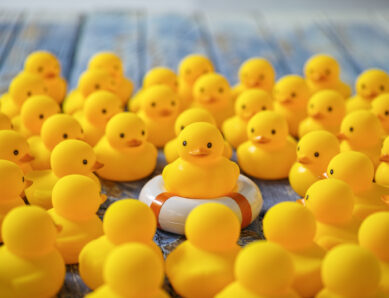Are you a conformist or a rebel? I know that “either/or” questions are grossly unfair, and there are certainly many ideal locations between these two extremes, but it’s a good place to begin a discussion. So, what will it be, conform or rebel?
Kevin Spacey says it depends upon your age: “If you haven’t turned rebel by 20, you’ve got no heart; if you haven’t turned establishment by 30, you’ve got no brains!”
Think of your heroes, people like Mahatma Gandhi, Robin Hood, George Washington, Joan of Arc, Jesus, Martin Luther, Harriet Tubman, Miles Davis, and Galileo – rebels one and all. They had visions of a better world and were brave enough to risk everything to bring it to reality.
Now think of the rebels you encounter in your daily life. You may relate to a few, but the overwhelming majority are probably contemptuous misfits who merit your instinctive distrust, and you justly want them to disappear.
On the other hand, who wants to proudly proclaim, “I’m an establishment conformist!”? Ugh, that feels bland and encourages others to see you as guileless and submissive.
Let’s give wise old Aristotle the last word: “Those who excel in virtue have the best right of all to rebel, but then they are of all men the least inclined to do so.”
Where we find ourselves in the rebel-conformist spectrum depends on a combination of nature, nurture and conscious choice. Do any of the following statements reflect your perspective?
- I dunno why but, for as long as I can remember, I just don’t fit in with everyone else.
- I’m not really “conforming.” I was just raised to be a reliable contributor at home, work and in society, and I value getting along with people.
- Yeah, I trusted what everyone told me and look where it got me. Succeed or fail, I’m going to do it my way from now on.
- I never really thought about it, but I simply agree with my family and friends. Is there something wrong with that?
Regardless of your proclivity, there are times when you will choose to behave opposite to your norm. Let’s examine the risks and ways to be most effective as you do so.
Conforming has obvious advantages. We are readily liked and trusted by others, who will be ready to share with us. There’s probably no need to tell you how to conform, but Daniel Pink reminds us of how attunement helps extend our influence upon others. Attune by taking the perspective of the person you’re interacting with. Be empathetic and mimic their body and speech gestures.
But the more we accept the majority view, the less we exercise our critical thinking. Consider the “Groupthink“ that kept Germans and Americans from failing to confront Jewish genocide and African slavery.
In conforming, we capitulate. While this is often inconsequential (I really like my tattoos, but alright, I’ll wear long sleeves), it can lead to denying one’s true self (I just won’t mention that I’m gay).
Jacqueline Kyle has some good advice: “Making decisions about conformity or rebellion in the heat of the moment is rarely a good idea, but having a personal code lets you make these decisions ahead of time.”
Finally, recognize that, by consistently conforming, we prevent any spotlighting of our individual skills or accomplishments. Our conforming may be good for the organization but at the cost of our individual career advancement.
Being a rebel is undoubtedly riskier behavior. When is it appropriate? How can it be best employed? Wiki contributors may not be known for being rebellious, but they offer the below suggestions and recommendations:
- Think of rebellion as a movement, not just an attitude. Put your own spin on the rules or on common behavior. Speak your mind, especially when others are afraid to.
- Shrugging off ridicule is a great trait to have, but knowing when to advocate for yourself and others is also very critical. Don’t let people tease you for being different. You don’t have to fight them physically or verbally. A simple “leave me alone, I’m not hurting anybody” is enough.
- Know the difference between rebellion and recklessness. If your actions have a possibility of seriously hurting yourself or others, avoid doing them. Your actions always have consequences. Decide whether being fired and/or losing an opportunity for advancement is worth being a rebel.
Recommendations:
- You don’t need to prove yourself to anyone.
- Don’t force yourself to be a rebel just because it’s cool.
- Always be prepared for the consequences of this lifestyle. People will try to stereotype you for being how you want to be.
- Don’t try too hard to be a rebel. If you’re trying too much then it isn’t coming naturally, so you should stop.
- Don’t get too out of control unless you really want to.




Comments
Paul says
4 years agoHi. Thanks for a brief explanation and way of tackling both these 'tests' we often face consciously and probably a lot unconsciously and habitually. Currently as you know there is a lot of stress being forced upon us to conform.
Midgie Thompson says
4 years agoYou are welcome Paul. So true what you say that there is alot of pressure to conform these days, all in the view of a greater good, yet it still can be a struggle.